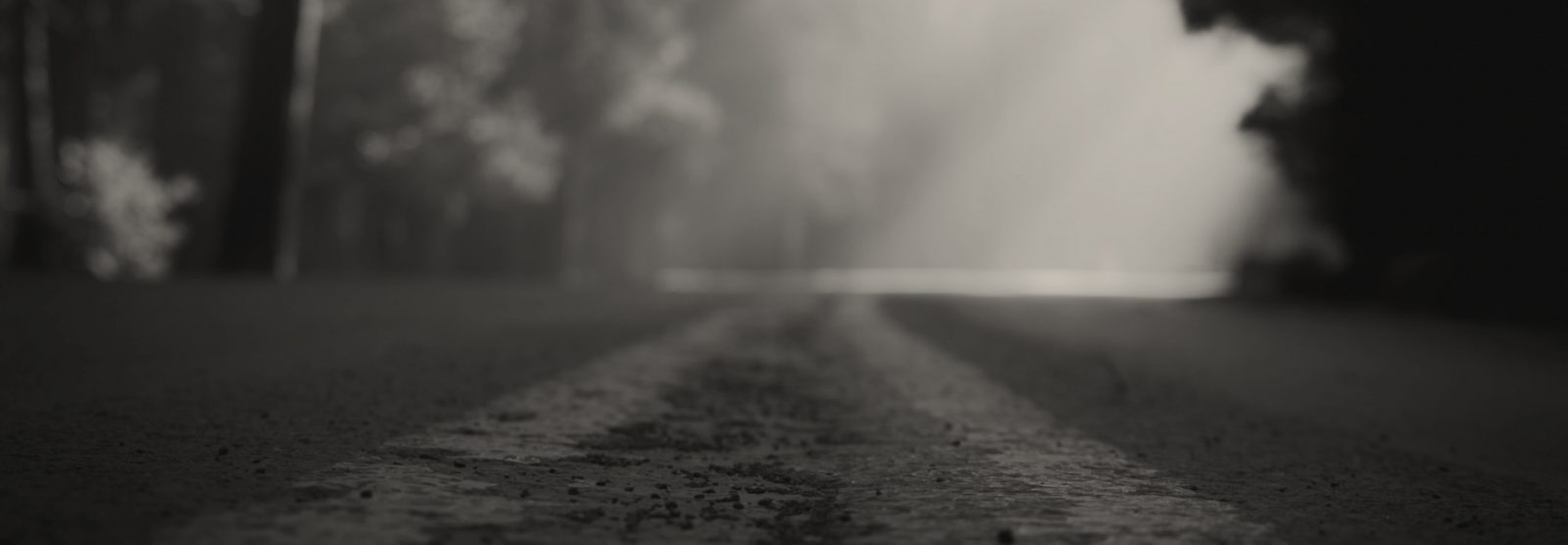Disrupting Carceral Narratives
There can be justice beyond punishment. To realize it, we must challenge the narrative that carceral violence is the only response to other forms of violence.

TOPICS
164 posts in ‘Decarceral Pathways’
There can be justice beyond punishment. To realize it, we must challenge the narrative that carceral violence is the only response to other forms of violence.
Public skepticism about scientific research, coupled with echoes of the war on drugs, have hindered our city’s ability to respond to our overdose crisis.
Reacquainting ourselves with practices that made prisons more permeable can be a step toward ending mass incarceration.
A candid portrait of the experience of fighting for clemency in Louisiana—a route to freedom now severely threatened by the state’s new carceral governor.
People condemned to die in prison are telling the world about it—and fighting to free one another in the process.
Connecting it to the fight for disability rights has helped activists in California to make exciting progress in their effort to end solitary confinement.
Jails are everywhere, trapping people and resources belonging to communities. And everywhere, there are organizers contesting that reality.
Reparations for historic wrongs require concrete action, and that's no different for the untold harm caused by cannabis criminalization.
Activism must involve incarcerated people—but few outside advocates really understand the dangers and limitations that imprisoned organizers face.
Black, Brown, Indigenous, disabled, and poor children and their families bear the brunt of a system that many now agree should be dismantled.
The crisis of youth incarceration won’t be solved by cynical attempts to co-opt the language of grassroots organizing.
Anti-jail organizers scored important wins in the wake of Hurricane Katrina. But their fight isn’t over.
Life-without-parole sentences hit families especially hard. Yet they fight on, committed to their loved ones’ freedom.
In Illinois, ending money bond was our target. Pretrial freedom is our goal.
By helping non-incarcerated people to experience a human connection with people inside, volunteering can open a curtain in the mind.
Life in prison is hard. Transitioning back home through reentry shouldn’t be harder.
Probation and parole in the United States don’t work. A longtime reformer and advocate has drawn a blueprint to end them.
Better research won’t get us out of our crisis of mass incarceration.
In Atlanta politicians are pushing for a bigger jail they claim will be more humane. But health-care workers are pushing back.
Decarceral ideas and essays that have moved our readers in the past year.
Acting within the criminal legal system cannot be the solution, on its own, to the existence of the carceral state.
As organizers in Illinois know well, it is necessary to engage with criminalizing institutions to better learn how to defeat them.
Radical acts of justice can happen within the confines of the system. Or well outside it, as demonstrated by the organized resistance to Atlanta's Cop City.
Organizing and collective acts of resistance allow us to not only imagine new understandings of justice and safety, but to live them out.
Only an end to family court can lead to a radical reimagining of how we support children and caregivers.
So many people, on both sides of the prison wall, labor under threat of state violence. This opens a path to more robust, far-reaching worker solidarity.
How organizing workers in immigrant detention can serve as a foundation for abolition and liberation for all.
For the past decade, people incarcerated in Alabama have led successful national worker strikes. Could a new prisoners’ rights movement be underway?
ICE entanglement in local law enforcement is just one iteration of a bigger system meant to police our communities. And we can fight it.
Imagining the decarceral possibilities of plea strikes and defendant unions.